Hinguvachadi Choornam is a time-tested combination of drugs known for their digestive and carminative properties. The formula is found authentically mentioned in the context of Gulmachikitsa in Ashtanga Hridaya. Gulma according to Ayurveda stands for a broad spectrum of diseases characterized by aggravated Vata in the gut. Hinguvachadi Choornam encompasses a wide range of symptoms ranging from abdominal gas and flatulence to chronic gastritis and irritable bowel.
The versatile drug is given as such and in combination with suitable adjuvants like cumin-infused water, various decoctions, arishtas, ghritas etc. for a wide range of effects.
Features & Benefits
- Hinguvachadi Choornam stimulates appetite. It encourages the release and functioning of digestive enzymes. Relieves indigestion, abdominal gas and flatulence.
- It is an excellent carminative. It pacifies aggravated Vata-Kapha doshas in the gut. Apanavayu the faction of Vata that resides in the Pakwasaya (colon) and deals with the functions of assimilation and excretion, is managed beautifully by this formula. It prevents acidity, heartburn and malabsorption syndromes.
- Hinguvachadi Choornam facilitates absorption. It improves bioavailability of food and medicines taken along with it. Promotes balanced nourishment.
- It improves gut motility and function. It is a good remedy for irritable bowel and sprue.
- It encourages healthy gut biome. Helps in restoring health to the stomach and intestinal mucosa weakened by prolonged periods of inflammation and medication.
- Hinguvachadi Choornam also enhances liver function. It is a good remedy for sluggish metabolism and associated lifestyle disorders.
Dosage and Instructions
Adult: 5-8 gms Hinguvachadi Choornam once or twice daily with a suitable adjuvant.
Child: 3-7 gms Hinguvachadi Choornam once or twice daily with a suitable adjuvant.
Any one of ghee, honey, buttermilk, lukewarm water etc. may be used as an adjuvant.
Key Ingredients
Hingu (Ferula Asafetida)
Hingu is an Indian spice used for flavoring the food and in herbal medicines for the treatment of digestive and mental ailment. However, flavoring food is not the main concern of Hing spice. The main concern using it in the food is to prevent digestive ailment such as gas, flatulence, bloating and abdominal distension.
Vacha (Acorus calamus Linn)
Vacha is a traditional Indian medicinal herb, which is practiced to treat a wide range of health ailments, including neurological, gastrointestinal, respiratory, metabolic, kidney, and liver disorders . The root (rhizome) is used to make medicine. Despite safety concerns, Calamus is used for gastrointestinal (GI) problems including ulcers, inflammation of the stomach lining (gastritis), intestinal gas (flatulence), upset stomach and loss of appetite (anorexia). The oil is used to treat stomach ailments and mental debility. Joint pains and aches resulting from rheumatism and arthritis are also relieved by Calamus oil.
Vibhithaki (Terminalia Bellerica)
Known as Beach almonds or Bedda nut tree, it is rich in Vitamin C and other antioxidants that nourishes the hair roots. Bibhitaki helps in making the roots of the hair stronger, minimizing hair fall and preventing premature graying of hair strands.
Ashwagandha (Withanya somnifera)
Ashwagandha is commonly used for stress. It is also used as an “adaptogen” for many other conditions, but there is no good scientific evidence to support these other uses. Ashwagandha contains chemicals that might help calm the brain, reduce swelling (inflammation), lower blood pressure, and alter the immune system. The root contains steroidal compounds which include the lactones Withaferin A and carbon-27-glycowithanolide, known collectively as the Withanolides. The Withanolides are responsible for the varied medicinal applications of the herb. Winter Cherry also contains a fair amount of alkaloids including tropine, pseudotropine, isopelletrine, anaferine and saponins, which impart medicinal properties to the herb.
Dadima (Punica Granatum)
It is commonly known as pomegranate. It has anti-carcinogenic and anti-inflammatory components, which is effective in the prevention and treatment of cancer and other chronic and infection diseases. It is a well recommended fruit for anemic individuals.
Patha (Cyclea peltata)
It is widely used in bone fracture and wound healing. It is also used in the treatment of fever and act as a breast milk purifier. Patha is commonly known as Indian moonseed. It enhances immunity and prevents inflammation of the respiratory passages due to its immunomodulatory and anti-inflammatory properties. It is used in conditions including infertility, wound, hypertension, and skin diseases.
Shati (Kaempferia Galanga)
Shati is commonly known as Kencur or sand ginger. It is traditionally used for a healthy skin. It affords skin lightning benefits as well as protects the skin from damage. It also reduces the appearance of scar and fights against ageing.
Chithraka(Plumbago zeylanica)
It is also known as Plumbago zeylanica and is a potent digestive medicine used for treating a host of ailments including indigestion, constipation, anorexia, abdominal distension, stomatitis, abdominal pain, etc. Imbued with digestive, caustic, stimulant and carminative properties, it eliminates harmful AMA toxins from the body which has accumulated due to malabsorption of food particles.
Shunti (Zingiber officinalae)
Due to its strong flavor, Ginger is an essential ingredient in many Asian cuisines. Its therapeutic benefits have been recorded in Ayurvedic and Traditional Chinese Medicine. Ginger is a potent anti-nauseatic and is beneficial in treating upset stomach. Gingerol and shogaol, active components of Ginger, suppress gastric contractions. Both the fresh and dried rhizomes of Ginger suppress gastric secretion and reduce vomiting. The compounds 6-gingerol and 6-shogaol have a number of pharmacological properties, including antipyretic, analgesic, antitussive and hypotensive properties.
Maricha (Piper nigrum)
Commonly known as black pepper Maricha is a common ingredient at the kitchen. Its properties include antidepressant, antifungal, anti diarrhoeal, anti inflammatory, anti mutagenic, anti-metastatic activity. Crushed pepper with honey relieves cold and steam inhalation along with eucalyptus reduces chest congestion.
Pippali (Piper longum)
Pippali is known as “Tridoshic” herb as it suits all body types. Thus regular consumption of Pippali in suggested quantity can help you to immune your body to quite an extent. Pippali has Anti-microbial, Anti-inflammatory activity. Consumption of Pippali is said to exhibit anti spasmodic action and hypoglycaemic effect which is believed to lower blood sugar level. It is also reported to be antagonist in respiratory depression. Also due to its cooling post-digestive effect consumption of Pippali is considered as a safe and effective option to avoid all sorts of digestive disorders.
Chavya (Piper chaba)
Scientifically known as Piper chaba, Chavya is useful in treating indigestion, abdominal colic, worm infestation, poisoning, anorexia, productive cough, asthma, bronchitis, fever, diarrhea, IBS, hemorrhoids, piles, fistula, chronic respiratory disorders, throat disorders and rheumatic conditions.









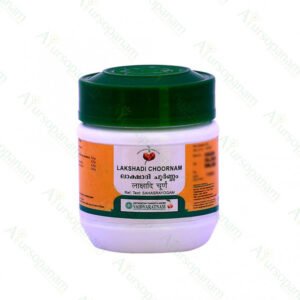
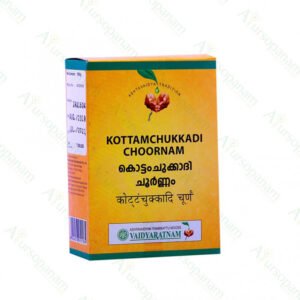

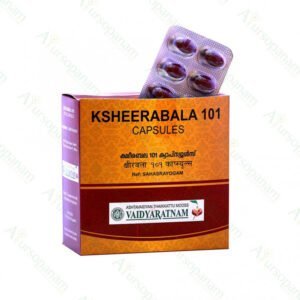


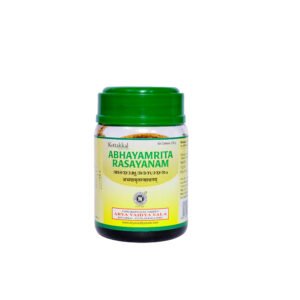


















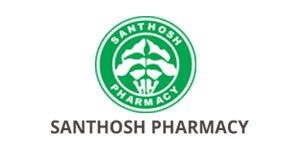

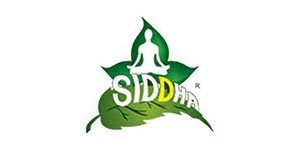











Ratings & Customer Reviews
Reviews
There are no reviews yet.